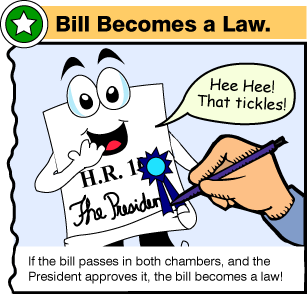
There is an air of desperation in the Nation’s capital, and it has nothing to do with the thick gray skies and the persistent chill rain and the stubborn refusal of the temperature to climb out of the fifties.
The miasma of charge and counter-charge is so thick that it is palpable, and I think sticks to our shoes. Politics is a nasty business, I know, but in the search to line up issues that will resonate for the November mid-term elections is yielding some rhetoric that is frankly mind-boggling.
I think the GOP is set, and will be going with a full out offensive on the Patient Protection and Affordable Care Act, which increasingly seems to be some sort of loosely-related optional feelings rather than a law. The Democrats don’t seem to have made up their minds and are throwing a variety of issues against the wall to see what might stick. Too soon to tell, but time is getting short and they will have to figure out their talking points pretty soon.
There was a time I thought I knew how this all worked. Having been credentialed as a staff member of the 105th Congress, I thought I pretty much had that “how a bill becomes law” thing down. Not so.
I got off on that a couple days ago, trying to figure out why there are so many strange and arcane provisions within the hundreds of pages of the ACA. It finally became clear as I slogged through the official history of the process that it simply did not make much sense. Or perhaps better said, it makes complete sense only in a completely dysfunctional process.
http://www.aallnet.org/main-menu/Publications/llj/LLJ-Archives/Vol-105/no-2/2013-7.pdf
A fellow named John Cannan wrote it for what I believe is a non-partisan journal called “The Law Library Journal.” If you need to get ready for your nap this afternoon, it is a great way to get to dreamland, just like reading budget documents.
But even in the dry scholarly, heavily footnoted account of how the chaotic process occurred there is a riveting story. Like, can you believe the ACA actually started as something originally titled and referred to in floor debate as something called the “Service Members Home Ownership Tax Act of 2009?”
I have archly commented that to divine the actual intent of modern legislation, one simply has to invert whatever the name of the law might be, and voila! There you are.
Cannan sums it up by saying that we have entered into an “ad hoc” process of legislating, in which “Members find new uses for old rules, employ innovative devices or bypass traditional procedures and processes altogether to achieve their political and policy objectives.”
Just skim the article. It appears that, as I noted the other day, we have entered into a new way of governing these United States without much comment. Both sides seem to like it, and if you can slog through the history of this single- though massive- law, I think you will agree with me that something is very seriously- maybe fatally- wrong in this town.
I think that it is entirely possible that this process just doesn’t work anymore, and we are going to have to try something else. I have no idea what that might be, though perhaps we could call it the “Making Sense of Our Government Act” or something.
And remember to invert it.
Copyright 2014 Vic Socotra
www.vicsocotra.com
Twitter: @jayare303
